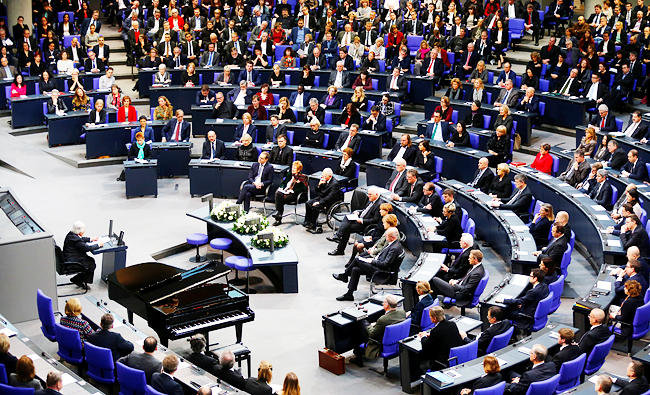On January 31st, only a few days after International Holocaust Remembrance Day (January 27th), the Polish senate voted on a bill which would make it illegal to use phrases such as “Polish death camps” to describe Nazi Concentration camps in Poland.
Top Israeli officials and political players have spoken out against this bill, arguing on the basis that the crimes against Judaism should not be ignored. The gist of their responses is summed up with Yair Lapid’s response, a leader of a centrist opposition party in Israel, and the son of a Holocaust survivor, according to the New York Times. “There were Polish death camps and no law can ever change that,” Lapid tweeted.
The Polish president, Andrzej Duda, has not yet signed off on the bill, but said that he is “absolutely outraged” at the Israeli criticism during a ceremony commemorating the anniversary of liberation of Auschwitz-Birkenau, the largest Nazi concentration camp on Polish soil. Duda arges that Poland, “as a state, as a nation, have a right to defend ourselves from an evident slander, an evident falsification of historical truth”(New York Times).
To clarify, it is true that the phrase “Polish death camps” is grossly inaccurate. Poland was occupied by Germany during WWII, and while there were many concentration camps there, they were created and run by the Nazis. Unlike many of Germany’s neighboring countries, the Polish government did not cooperate with the Nazis, and concentration camps there were started by force, not by choice.
According to the New York Times, 3 million Polish Jews were killed, along with 3 million non-Jewish Polish citizens. The vast majority of Polish citizens today, even those against this bill, find phrases that imply Poland was partially to blame for the Holocaust deeply offensive.
Although the timing may have been unfortunate (right after holocaust memorial day), and the bill may be flawed in terms of restricting freedom of speech, there seems to be insensitivity on both sides. Israeli response makes it seem as though blaming Poland for the Holocaust is rational and historically accurate, when the opposite is true.
By Marta Maliszewska



































































Chris Lane • Feb 28, 2018 at 1:49 am
Informative coverage on a difficult topic. Thanks Dateline!